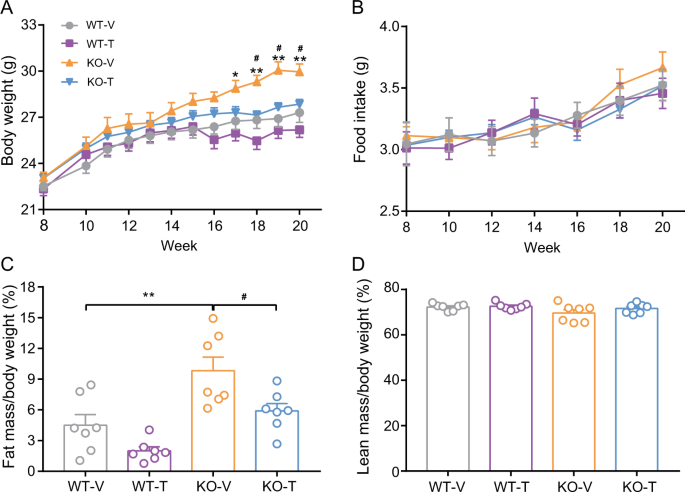- Select a language for the TTS:
- UK English Female
- UK English Male
- US English Female
- US English Male
- Australian Female
- Australian Male
- Language selected: (auto detect) - EN
Play all audios:
Charter school advocates in Colorado and Ohio recently got some welcome legal news. A Denver judge has upheld the constitutionality of a statewide body that authorizes the independent but
publicly funded schools in Colorado. In Ohio, plaintiffs who challenged the state’s charter school program said they will end their lawsuit. The Ohio Supreme Court, in striking down key
elements of the suit by a vote of 4-3 in October, said the charter program is constitutional. Three school districts in Colorado filed lawsuits contending that the Colorado Charter School
Institute usurps local districts’ authority to open and oversee schools. A 2004 law created the institute. Most Colorado districts have been granted exclusive authority to approve charters
within their boundaries, but the three districts that filed lawsuits had been denied that authority. (Since then, one has gained the authority.) “It was a very strong ruling in our favor,”
Randy DeHoff, who heads the charter institute, said of the Dec. 2 decision. Seven institute-approved charters are now in operation. Jana L. Ley, the board president for Colorado’s
23,000-student Poudre district, a plaintiff, noted that the judge did not rule on the districts’ challenges to the state’s rejection of their applications to become exclusive chartering
bodies. No decision has been made on whether to appeal, Ms. Ley said. In Ohio, a coalition of teachers’ unions and other groups issued a joint statement Dec. 5 announcing their plans to
abandon legal action. “[N]ew opportunities for legislative reforms and new elected officials who are committed to charter school accountability offer more hope for positive change in the
near term,” said Mark Hatch, the public-policy director for the Ohio Association of Public School Employees. The Ohio high court did not rule on certain nonconstitutional questions. For one,
the plaintiffs contend that some schools are operating in violation of state law. Chad A. Readler, a lawyer for about 100 charter schools in the case, said: “The Ohio Supreme Court made
clear that these education policy issues are best left to be decided by the legislature, where all voices can be heard.”








